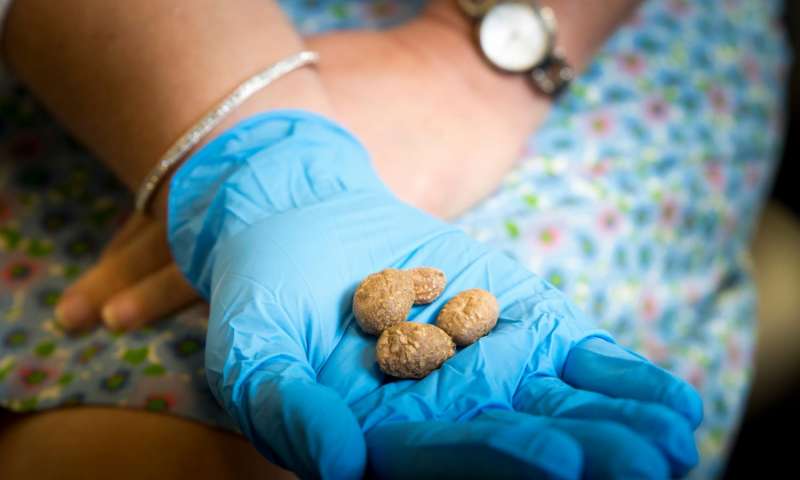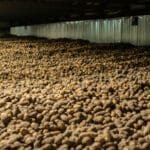The town of Escalante in southern Utah is no small potatoes when it comes to scientific discovery; a new archaeological finding within its borders may rewrite the story of tuber domestication.
Researchers from the Natural History Museum of Utah and Red Butte Garden at the University of Utah have discovered potato starch residues in the crevices of a 10,900-year-old stone tool in Escalante, Utah — the earliest evidence of wild potato use in North America. This is the first archaeological study to identify a spud-bearing species native to the southwestern United States, Solanum jamesii, as an important part of ancient human diets. The researchers pieced together evidence from stone tools, ethnographic literature and modern gardeners to show that Utahans have used the species intermittently for over 10,000 years. The Escalante area was even previously known as “Potato Valley” to early settlers.
Several Native American tribes, including Apache, Hopi, Kawaik, Navajo, Southern Paiute, Tewa, Zia and Zuni, consumed S. jamesii. The groups used various cooking and processing techniques, including boiling the potatoes, grinding them into flour or yeast, and mixing the potatoes with clay to reduce bitterness. Some groups still tend their potato populations in cultivated gardens.The long history could mean that the species was transported, cultivated or even domesticated. If true, S. jamesii would be the first example of a plant domesticated in the western U.S.
To find out, the researchers are collaborating with geneticists from the United States Department of Agriculture, who are mining S. jamesii‘s DNA for genes resistant to drought and disease that could help diversify current potato crops to be more resilient.
“This potato could be just as important as those we eat today not only in terms of a food plant from the past, but as a potential food source for the future,” says Lisbeth Louderback, senior author of the study that published online July 3 in the Proceedings of the National Academy of Sciences. “The potato has become a forgotten part of Escalante’s history. Our work is to help rediscover this heritage.”
Louderback is an assistant professor of anthropology at the U and curator of archeology at the Natural History Museum of Utah.











